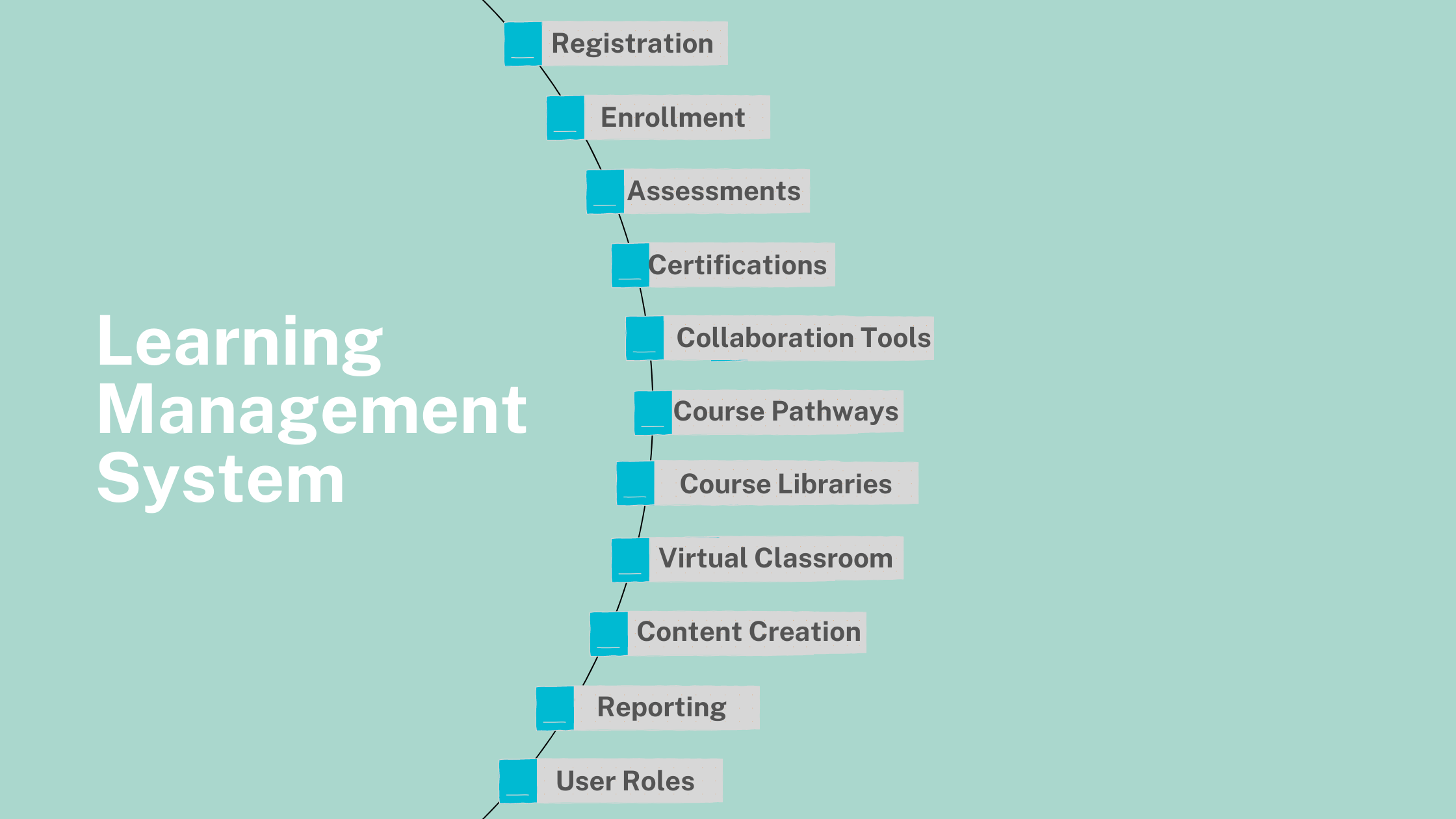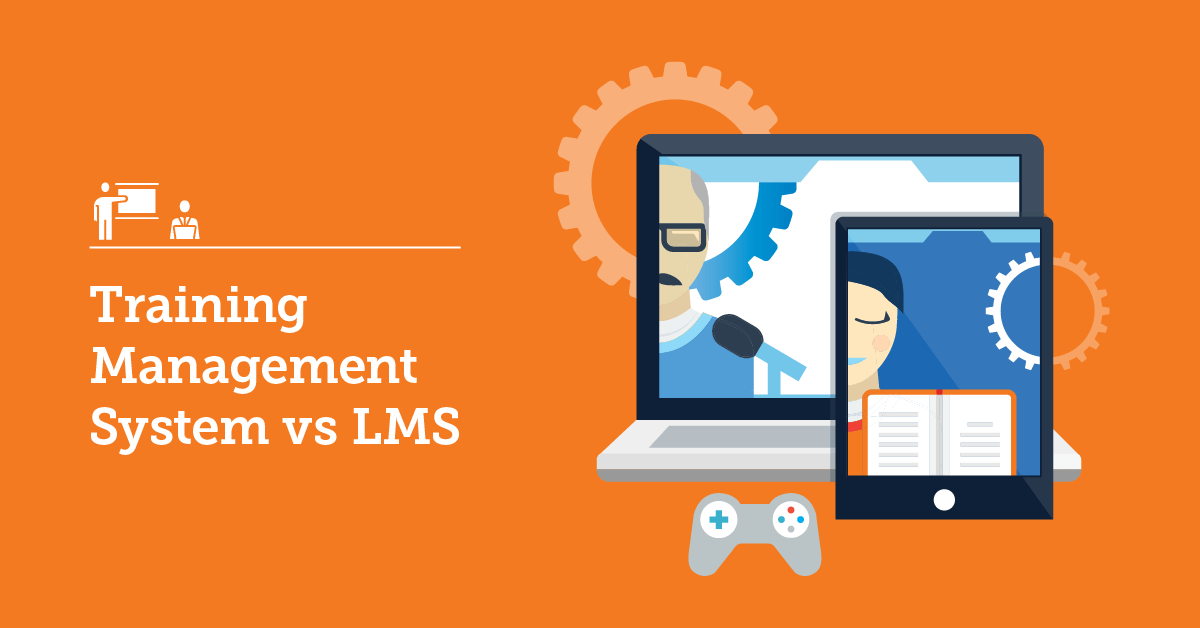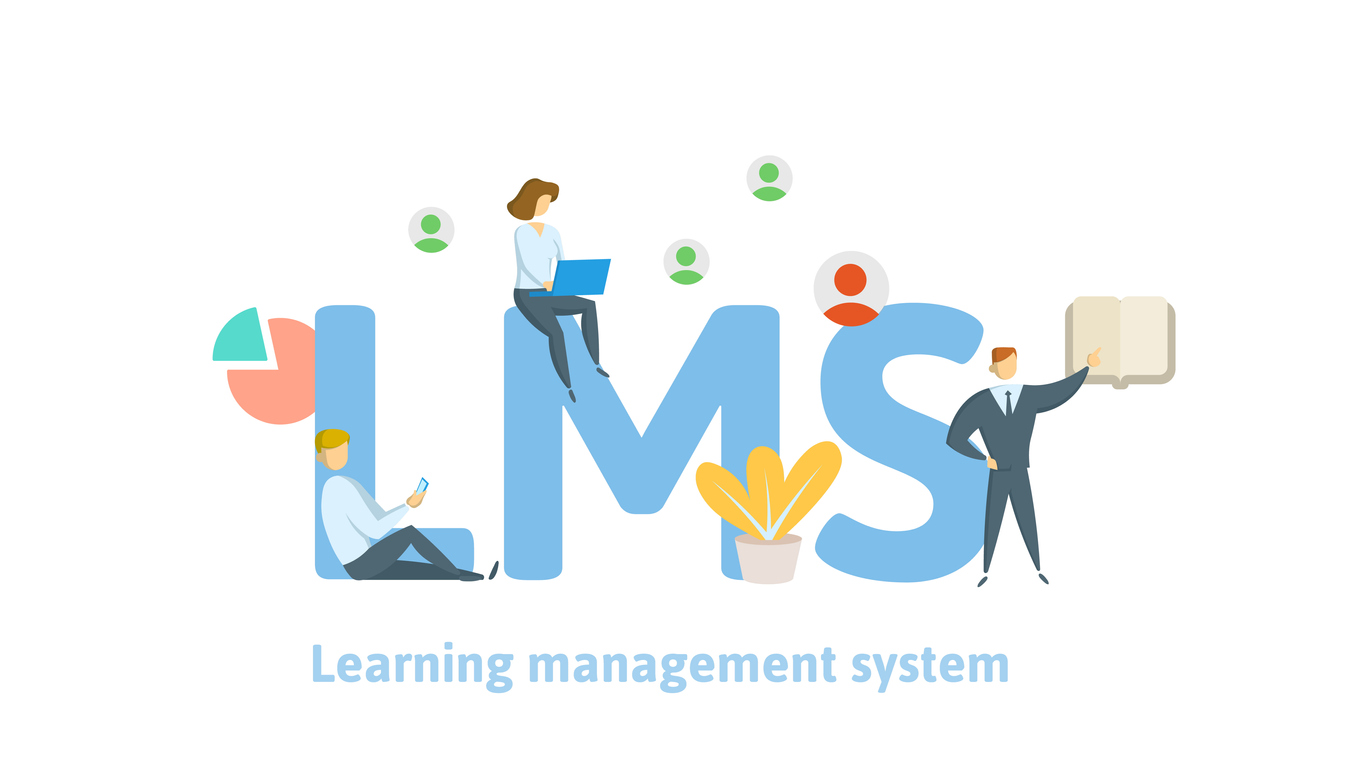Learning Administration Equipment Explained: Advantages & Qualities
Understanding Administration Solution (LMS) have actually arised as important devices in modern education, providing a structured structure for both instructors and students. These platforms not only streamline the administrative facets of mentor but likewise enhance the overall understanding experience with a selection of functions developed to help with engagement and progression monitoring.
What Is a Knowing Management System?
Specifying the core function of an Understanding Administration System (LMS) entails comprehending its role in the instructional landscape. An LMS is a software application developed to administer, paper, track, report, and provide educational programs, training programs, or understanding and growth programs. It serves as a central platform that helps with the monitoring of academic material and boosts the discovering experience for both pupils and educators.
Typically, an LMS offers tools for training course development, web content management, and learner interaction. It sustains numerous learning approaches, consisting of e-learning, combined knowing, and typical classroom instruction. Educators can post training course materials, create evaluations, and screen pupil progress, while learners take advantage of an organized setting that allows for self-paced discovering and very easy accessibility to sources.
Furthermore, LMS systems usually include features such as discussion online forums, multimedia assimilation, and analytics control panels, making it possible for instructors to foster interaction and partnership among learners (Canvas Singapore). As education continues to progress in the electronic age, the value of a robust LMS ends up being significantly obvious, giving necessary assistance for establishments looking for to improve their instructional offerings and streamline management procedures
Secret Advantages of Making Use Of LMS
The fostering of a Discovering Administration System (LMS) uses various advantages that significantly enhance the instructional experience for both organizations and students. Among the main benefits is the adaptability it offers in discovering. With an LMS, students can access training course products, total jobs, and join conversations at their comfort, suiting different finding out styles and schedules.
In Addition, an LMS assists in effective tracking and reporting of student development. Educators can easily keep an eye on trainee performance via assessments and analytics, enabling for timely treatments when required. This data-driven approach assists in personalizing finding out experiences and making sure that no trainee falls back.
Cost-effectiveness is another key advantage. Singapore LMS. By digitizing course web content and minimizing the need for physical resources, establishments can lower operational prices while boosting accessibility. LMS platforms commonly systematize sources, streamlining administrative tasks and freeing up educators to focus a lot more on training.
Finally, the joint attributes of an LMS foster interaction and interaction amongst trainers and trainees, producing an extra interactive learning environment. Generally, the assimilation of an LMS boosts instructional distribution, improves discovering results, and supports institutional growth.
Necessary Functions of LMS
Reliable understanding experiences are usually underpinned by the crucial attributes of a Learning Management System (LMS) A durable LMS typically consists of easy to use interfaces that help with navigation for both teachers and students. Adjustable dashboards allow individuals to track progression and access sources successfully, boosting engagement and liability.
An additional important attribute is material management capacities, making it possible for the organization and dissemination of different learning products, consisting of records, videos, and tests. This centralization makes certain that individuals have easy accessibility to relevant sources. Additionally, a reliable LMS supports various discovering formats, such as e-learning, mixed learning, and instructor-led training courses, dealing with varied knowing choices.
Assessment and reporting devices are also indispensable, giving insights into student performance and program effectiveness. These analytics enable instructors to identify areas for renovation and adjust their methods appropriately. Interaction attributes, such as online forums and messaging, foster partnership and interaction amongst trainers and students, improving the academic experience.
Just How LMS Boosts Learning Experiences
Enhancing knowing experiences through an Understanding Management System (LMS) involves leveraging innovation to develop more tailored and interactive instructional environments. More Help By offering a central system for program web content, analyses, and interaction, an LMS equips both educators and here students to participate in a much more dynamic knowing process.

Additionally, an LMS cultivates cooperation with incorporated tools such as discussion online forums, team tasks, and real-time comments mechanisms. These functions not just boost peer interaction but also urge energetic involvement, which is important for deeper learning.
Moreover, the information analytics capabilities of an LMS give instructors with insights into pupil performance and involvement. By analyzing this information, instructors can step in and recognize patterns when required, hence boosting general educational end results. Eventually, an LMS changes standard knowing right into a more interesting, efficient, and reliable experience for all stakeholders included.
Picking the Right LMS for Your Requirements
Picking the appropriate Learning Administration System (LMS) is an important decision that can substantially affect the efficiency of educational efforts. When picking an LMS, organizations must first examine their specific requirements and purposes. This consists of comprehending the target market, the sorts of material to be supplied, and the preferred discovering end results.

One more essential factor is the level of assistance and training given by the LMS vendor - LMS Singapore. Comprehensive onboarding and ongoing support can boost customer experience and make certain effective implementation. In addition, budget restraints should be considered, as costs can differ significantly depending upon the functions and services supplied

Conclusion
Finally, Knowing Administration Equipment stand for a transformative method to education, providing many advantages such as versatility, effectiveness, and enhanced cooperation. The essential features of LMS facilitate the efficient administration and shipment of academic content while offering beneficial understandings into student performance. By streamlining resources and enhancing administrative tasks, LMS systems dramatically enhance the general learning experience. Picking the ideal LMS is critical to maximizing its potential and satisfying the varied requirements of schools and learners.
Defining the core feature of a Learning Management System (LMS) involves recognizing its role in the instructional landscape.The fostering of a Discovering Administration System (LMS) uses numerous advantages that dramatically improve the educational experience for both students and establishments.Reliable understanding experiences are usually underpinned by the essential features of an Understanding Management System (LMS) Additionally, an effective LMS supports various learning layouts, such as e-learning, blended learning, and instructor-led training courses, catering to varied discovering preferences.
Choosing the appropriate Knowing Management System (LMS) is a crucial decision that can substantially influence the effectiveness of instructional efforts.